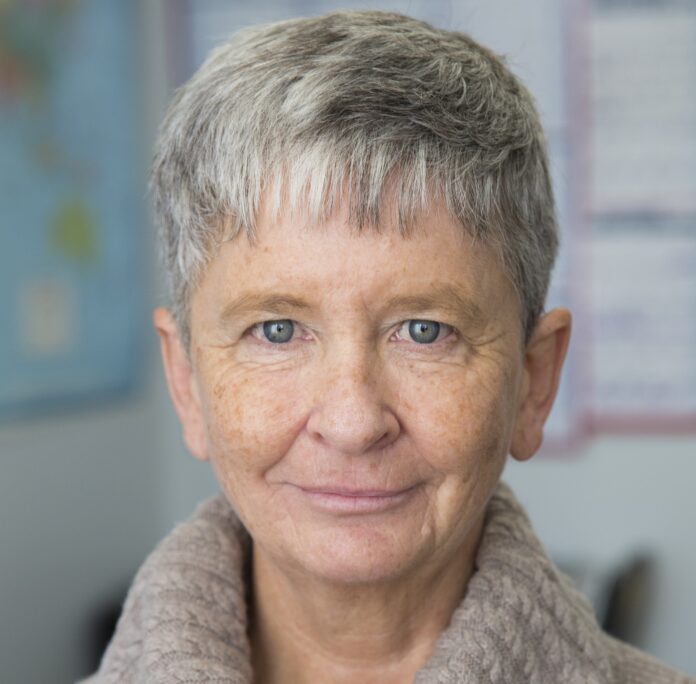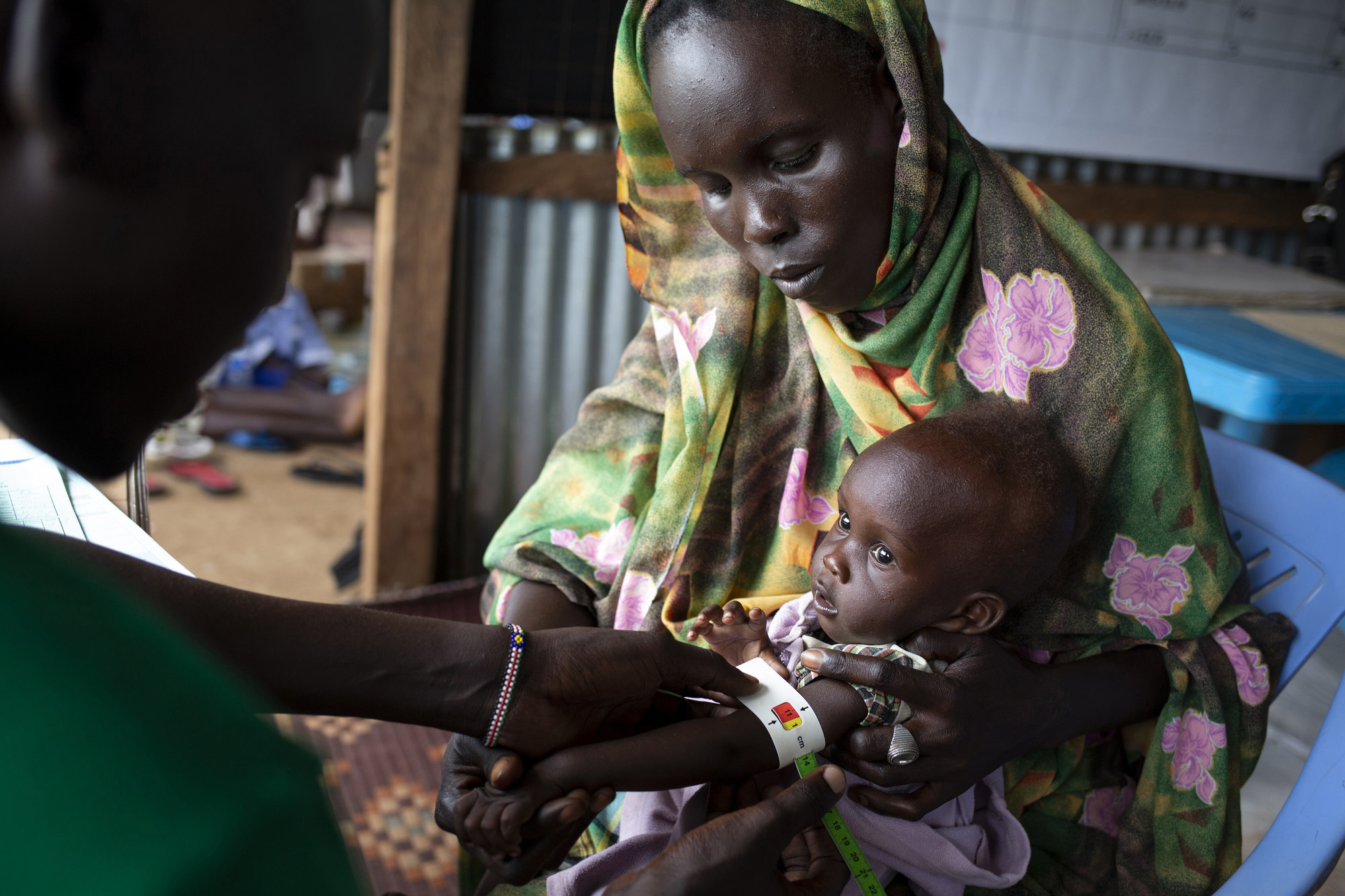
LIMERICK woman Aine Fay is leading an Irish charity’s efforts to help prevent the spread of COVID-19 in poverty-stricken South Sudan – which has one of the weakest health systems in the world.
The veteran humanitarian, originally from Bedford Row, manages a team of over 400 staff in the east-African nation as Country Director with Irish aid organisation Concern Worldwide, who she has worked with since 1983.
They are spreading the message to extremely poor and remote communities about the dangers of COVID-19 and how they can prevent its spread – while also providing hand washing stations and distributing food and other essential items.

Aine said the vast majority of the population are dependent on labouring and other occupations that provide a daily wage – which they need to buy food for survival.
“The choice between going hungry – or even dying of hunger – and feeling sick from COVID is somewhat a Hobson’s choice, where they either take what food they can get or have none at all,” she said.
Aine and her colleagues were already busy treating children suffering from malnutrition and providing temporary shelter in displacement camps for people fleeing war and hunger when the pandemic struck.
The needs in South Sudan were already vast, with over 3.7 million people displaced due to civil war.
It was estimated that before the pandemic, 6.1 million people (59 per cent of the population) did not have sufficient access to food.
While COVID-19 cases are currently low compared to Ireland (as of June 4 they have 1,317 cases and fourteen deaths), the arrival of new testing kits has resulted in a sharp rise in confirmed cases and it is feared there may be many going undetected.
“The numbers are growing rapidly,” said Aine, who previously worked for Concern in countries like Bangladesh, Uganda (after the Rwandan genocide in 1994), Haiti, Afghanistan and Ethiopia.
“The difficulty in contexts such as the ones that Concern works in is that social distancing and isolation is a difficult concept for many.
“Camps do not have the space to allow for this at any level that would minimise the spread.
“In addition, health facilities are already either very weak or indeed non-existent to allow for any sort of treatment or isolation for severe cases.
“Despite this, we want to ensure that families continue to have access to medical treatment for the diseases that are widespread in South Sudan – such malaria, upper respiratory infections, and other treatable diseases.
“Concern is working with health facilities to ensure that they have good hygiene and social distancing practices in place to prevent the spread of the virus.”
South Sudan currently has just 82 intensive care unit beds, four ventilators and one laboratory that is able to test for COVID-19 in the capital city, Juba.
While plans are underway to increase this number, there are very few intensive care options for those living outside Juba.
The government is seeking assistance to provide more isolation centres for those who need it, and in Unity State in the north of the country, where Concern has programmes, the charity is providing water and sanitation facilities for an isolation centre located there.
Aine said the country also lacks an adequate supply of personal protective equipment (PPE).
“The country is very short of PPEs that would help protect front line workers and this will be a major problem as the number of people testing positive grows.
“Concern’s work is concentrating on continuing to disseminate messages to the communities on how to mitigate the impact of the virus.
“We are encouraging social distancing at events such as training of community members and distributing food and other items that are part of Concern’s work. We are also ensuring that there is a means to practice good hand-washing.”
Concern Worldwide has launched an emergency appeal for donations, which can be made on their website at Concern.net. Donations to this appeal will help its teams in 23 countries, like South Sudan, continue their life-saving work.










